The journey of PlayStation from its humble beginnings to becoming a global gaming powerhouse is a fascinating tale of innovation, risk-taking, and strategic vision. With the upcoming arrival of the PS5 Pro, let’s dive into the origins of the PlayStation brand, its evolution, and how it came to dominate the video game industry, captivating millions of gamers worldwide.
The Genesis of a Gaming Revolution
In the early 1990s, the gaming landscape was dominated by 8-bit and 16-bit consoles, primarily from Nintendo and Sega. However, the seeds of a new revolution were being sown by Sony, a company primarily known for its electronics and entertainment products. The idea for PlayStation was conceived in an environment ripe for disruption.
Sony’s journey into gaming began with a failed partnership. In 1991, Sony collaborated with Nintendo to develop a CD-ROM add-on for the Super Nintendo Entertainment System (SNES). However, the partnership faltered, leading to a split. Instead of abandoning the project, Sony decided to pivot and create their own gaming console.
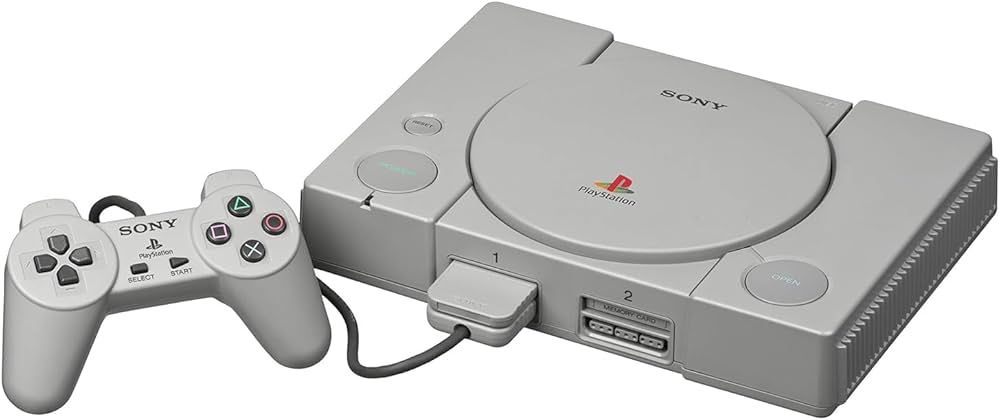
The Birth of the Original PlayStation
In December 1994, Sony launched the PlayStation in Japan, and it quickly captured the attention of gamers with its impressive capabilities. The original PlayStation, often abbreviated as PS1, featured 3D graphics, a significant leap from the 2D graphics prevalent at the time. It also utilized CDs instead of cartridges, allowing for larger storage capacities and more complex games.
The PS1’s hardware innovations and its ability to handle 3D graphics were groundbreaking. The console’s sleek design, powerful performance, and a growing library of games set the stage for its success. By the end of its lifecycle, the PlayStation had sold over 100 million units worldwide, cementing its place in gaming history.
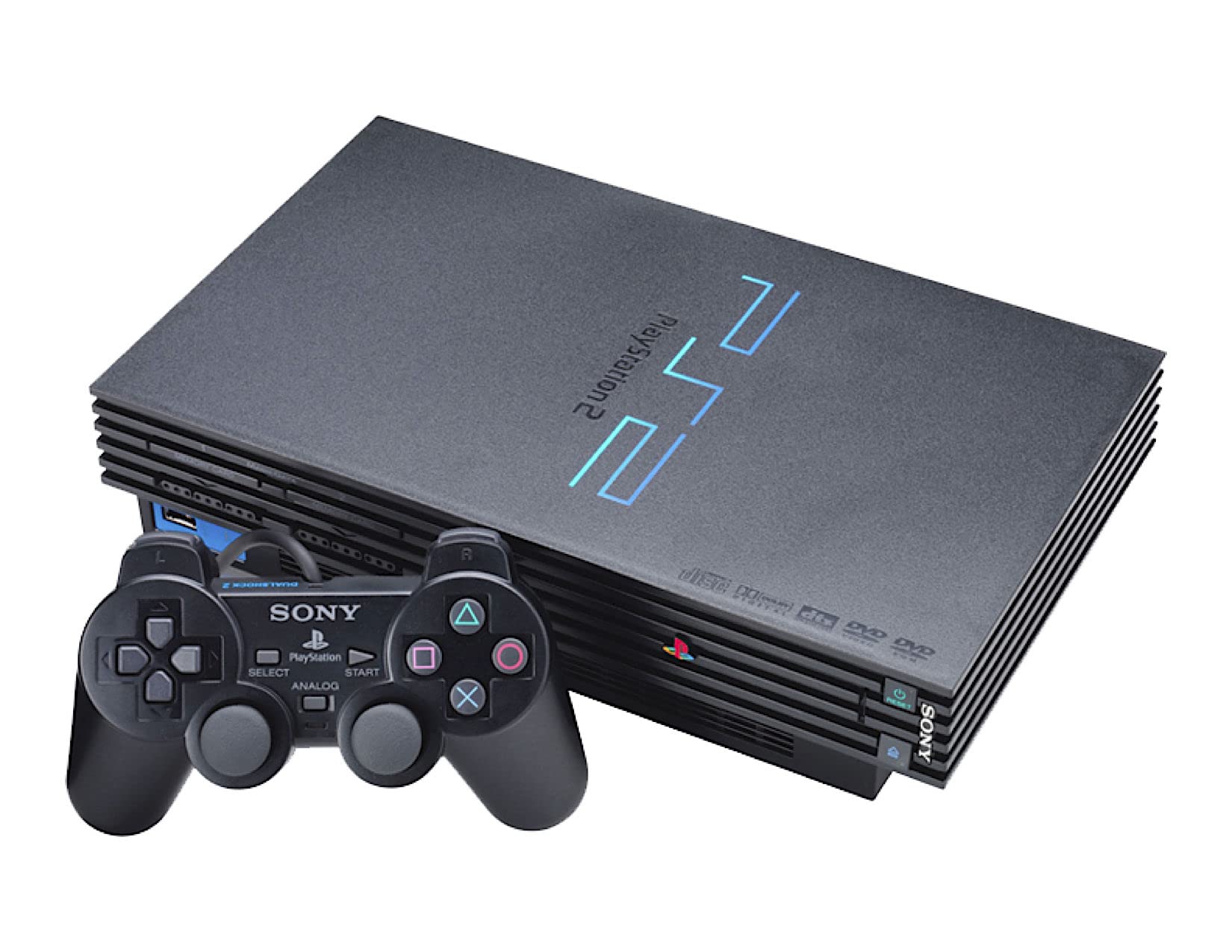
PlayStation 2: The Pinnacle of Success
Building on the success of the original PlayStation, Sony launched the PlayStation 2 (PS2) in 2000. The PS2 was more than just a gaming console; it was also a DVD player, which added significant value to consumers. This dual functionality helped the PS2 become a household staple and further cemented Sony’s dominance in the gaming industry.
The PS2’s success can be attributed to its impressive backward compatibility with PlayStation 1 games, a robust library of titles, and its ability to deliver superior graphics and processing power compared to its competitors. By the time it was discontinued in 2013, the PS2 had become the best-selling video game console of all time, with over 155 million units sold globally.

The Advent of PlayStation 3 and Online Gaming
The PlayStation 3 (PS3) debuted in 2006, introducing several new features and technologies. One of the most notable advancements was the inclusion of the Blu-ray Disc drive, which supported high-definition video and games. This move not only provided gamers with an enhanced visual experience but also positioned Sony as a key player in the high-definition media format wars.
The PS3 also marked Sony’s foray into online gaming with the introduction of the PlayStation Network (PSN). PSN provided gamers with online multiplayer capabilities, digital downloads, and access to a range of entertainment services. The introduction of trophies, Sony’s version of achievements, further added to the PS3’s appeal.
Despite facing stiff competition from Microsoft’s Xbox 360 and Nintendo’s Wii, the PS3 managed to carve out its niche with exclusive game titles, improved graphics, and a robust online infrastructure. By the end of its lifecycle, the PS3 had sold over 87 million units worldwide.

The Modern Era: PlayStation 4 and Beyond
The PlayStation 4 (PS4), released in 2013, marked a significant leap forward in terms of hardware and software. With a focus on improving gaming experiences and integrating social features, the PS4 offered enhanced graphics, faster load times, and a more immersive gaming experience.
One of the key innovations of the PS4 was its integration with social media and streaming platforms. Gamers could easily share their gameplay experiences, stream live broadcasts, and connect with friends. The DualShock 4 controller, with its touchpad and integrated speaker, further enhanced the gaming experience.
The PS4’s success was bolstered by a strong lineup of exclusive games, such as “The Last of Us,” “Bloodborne,” and “Uncharted 4,” which showcased the console’s capabilities and captivated gamers. By the time it was succeeded by the PlayStation 5, the PS4 had sold over 116 million units globally.
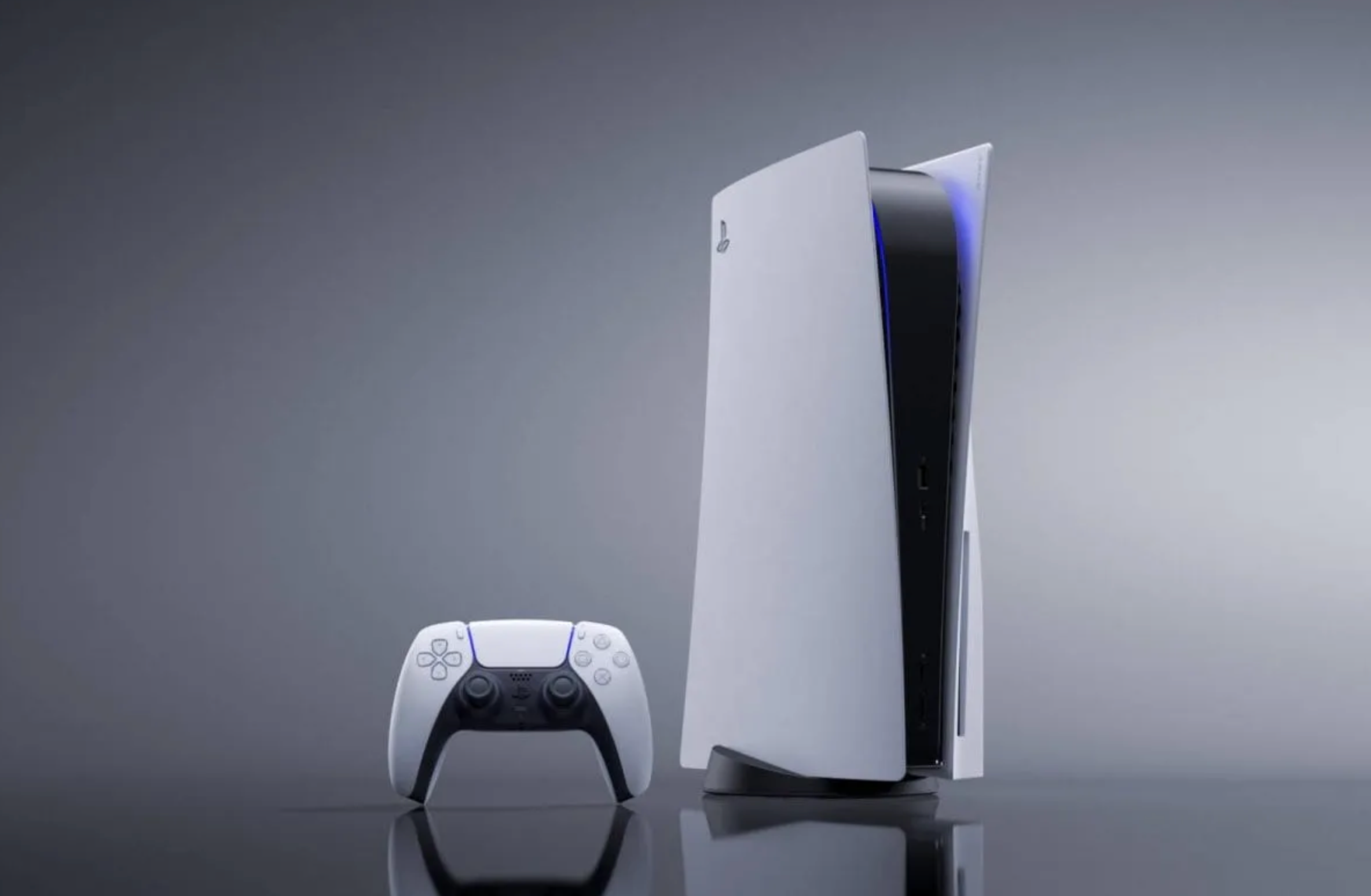
PlayStation 5: The Pinnacle of Gaming Technology
Launched in November 2020, the PlayStation 5 (PS5) represents the latest and most advanced console in Sony’s lineup. With cutting-edge hardware, including a custom SSD for faster load times, ray tracing support, and enhanced graphics capabilities, the PS5 provides an unparalleled gaming experience.
The PS5 also introduced the DualSense controller, which features advanced haptic feedback and adaptive triggers, offering a more immersive and tactile gaming experience. The console’s design, while polarizing, reflects Sony’s commitment to innovation and future-forward thinking.
In addition to its hardware advancements, the PS5 has a growing library of exclusive games and backward compatibility with PS4 titles, ensuring that gamers have access to a broad range of content. The PS5 has quickly become a sought-after console, continuing Sony’s legacy of pushing the boundaries of gaming technology.

The New PlayStation 5 Pro: Elevating Gaming to New Heights
As Sony continues to innovate and push the boundaries of gaming technology, the upcoming PlayStation 5 Pro (PS5 Pro) stands poised to redefine the gaming experience once again. Building on the foundation of the PlayStation 5, the PS5 Pro is expected to deliver enhanced performance, graphics, and features that promise to elevate the gaming experience to unprecedented levels.
Maintaining backward compatibility with PS5 titles, the PS5 Pro will also benefit from an expanding library of games optimized for its advanced hardware. Gamers will be able to enjoy their existing PS5 collection with enhanced performance while also accessing a range of new titles designed to leverage the console’s full capabilities.
PlayStation’s Impact on the Gaming Industry
Sony’s PlayStation brand has had a profound impact on the gaming industry, influencing hardware design, game development, and consumer expectations. By consistently pushing the envelope and introducing groundbreaking technologies, Sony has set benchmarks that other companies strive to meet.
PlayStation’s commitment to high-quality games and innovative features has helped shape the modern gaming landscape. From its early days to the present, the brand has continually evolved, adapting to changing technologies and consumer preferences.
The Role of Exclusive Games
A significant factor in PlayStation’s success has been its focus on exclusive games. Titles such as “Final Fantasy VII,” “Gran Turismo,” and “God of War” have not only defined the PlayStation experience but also set standards for the gaming industry. These exclusives often showcase the best of what the console can offer, attracting gamers and driving console sales.
Sony’s investment in first-party studios and partnerships with top developers has ensured a steady stream of high-quality games. This strategy has played a crucial role in maintaining PlayStation’s competitive edge and keeping its audience engaged.
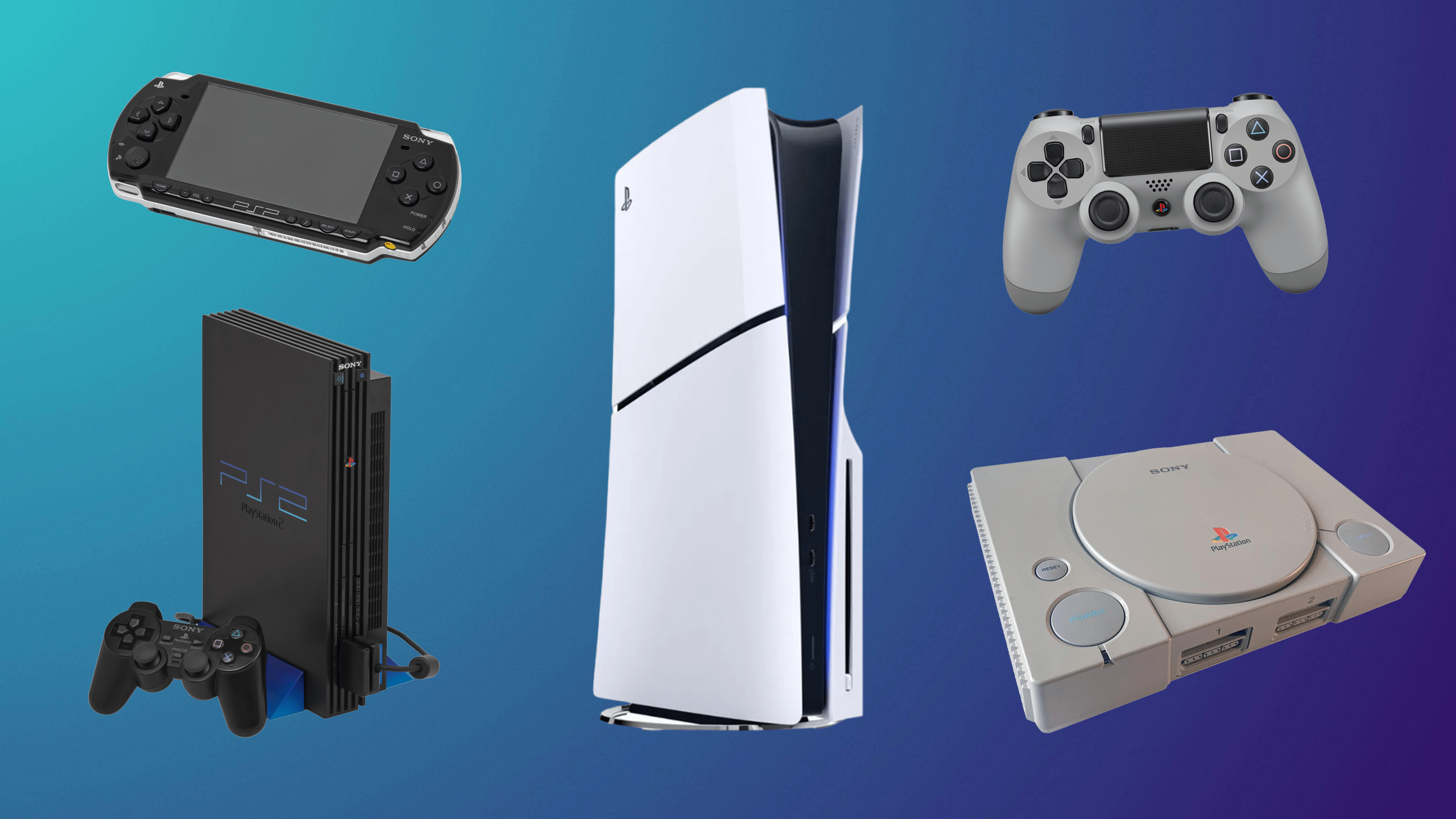
PlayStation and Digital Innovation
In recent years, PlayStation has embraced digital transformation with services like PlayStation Plus and PlayStation Now. These subscription services offer gamers access to a vast library of games, cloud storage, and exclusive discounts. The shift towards digital distribution and subscription models reflects broader trends in the entertainment industry and has helped Sony adapt to changing market dynamics.
The launch of the PlayStation Store and the integration of digital content have made it easier for gamers to access and enjoy their favorite titles. This digital focus complements the physical media options, providing a flexible approach to gaming.
The Global Appeal of PlayStation
PlayStation’s success is not limited to any single region; it has achieved global appeal. Sony’s strategic approach to localization, marketing, and distribution has ensured that PlayStation consoles and games are accessible to a wide audience. By tailoring its offerings to different markets and cultural preferences, Sony has built a strong global brand.
The PlayStation community spans diverse demographics and regions, fostering a sense of unity among gamers worldwide. Sony’s ability to connect with players from various backgrounds has contributed to the brand’s international success.
Challenges and Competition
Despite its successes, PlayStation has faced significant challenges and competition throughout its history. Rival companies, such as Microsoft’s Xbox and Nintendo’s Switch, have introduced their own innovations and competed for market share. Sony has had to navigate these competitive pressures by continuously evolving its strategies and offerings.
The gaming industry’s rapid pace of technological change and shifting consumer preferences also pose challenges. Sony’s ability to adapt and innovate has been crucial in maintaining its position as a leading player in the market.
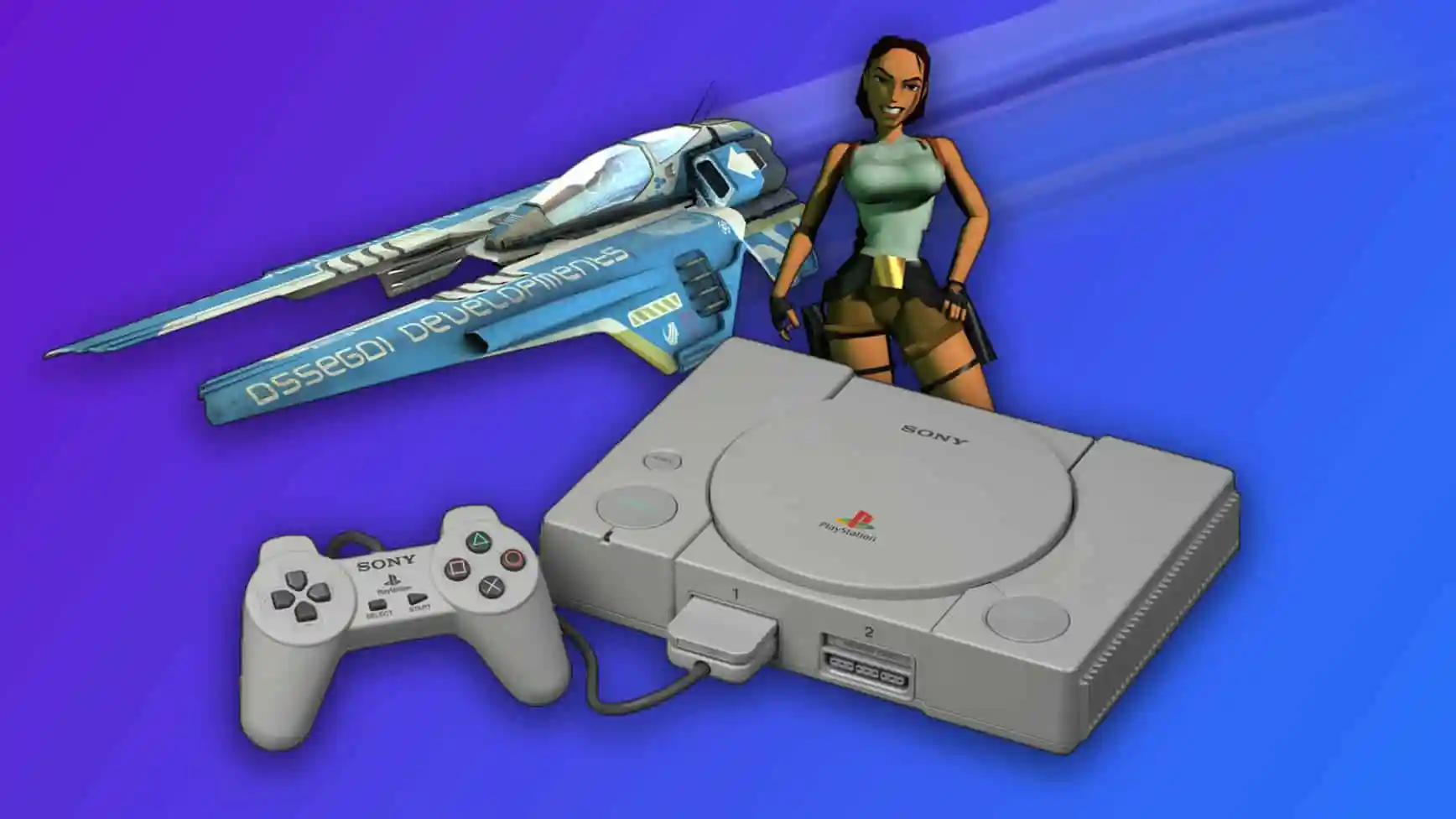
PlayStation’s Cultural Impact
Beyond its commercial success, PlayStation has had a significant cultural impact. The brand has influenced pop culture, media, and entertainment, becoming a symbol of gaming excellence. Iconic characters, memorable game soundtracks, and innovative storytelling have contributed to PlayStation’s cultural footprint.
PlayStation’s presence in movies, TV shows, and other forms of media reflects its broad appeal and enduring relevance. The brand’s influence extends beyond gaming, shaping how stories are told and experienced across different platforms.
Looking Ahead: The Future of PlayStation
As technology continues to advance, the future of PlayStation looks promising. Sony’s ongoing investments in virtual reality, cloud gaming, and artificial intelligence suggest that the brand will continue to push boundaries and explore new frontiers in gaming.
The evolution of PlayStation will likely be driven by advancements in hardware, software, and user experience. With a commitment to innovation and a strong legacy, Sony is well-positioned to shape the future of gaming and continue its role as a leader in the industry.
Conclusion: A Legacy of Innovation and Excellence
The PlayStation brand’s journey from its inception to its current status as a gaming giant is a testament to Sony’s vision and commitment to excellence. Through innovation, strategic planning, and a focus on delivering exceptional gaming experiences, PlayStation has transformed the gaming world and captured the hearts of millions.
As we look back on the history of PlayStation, it’s clear that the brand’s impact extends far beyond the realm of gaming. It has become a cultural phenomenon, a symbol of technological advancement, and a source of inspiration for future generations of gamers and creators alike.
